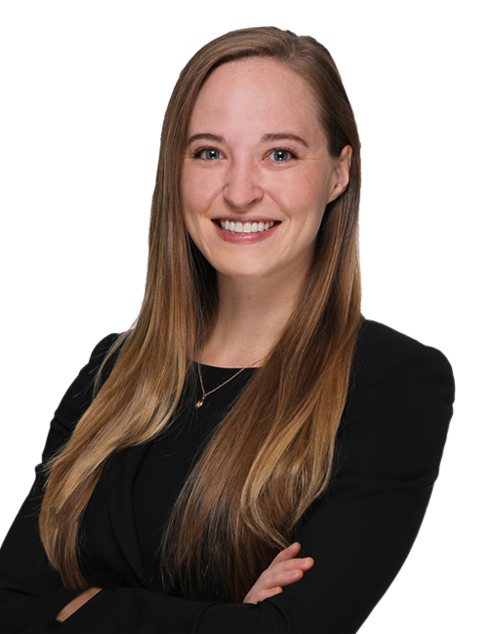Practices
Related Practices
Horvitz & Levy secured a reversal of a bench trial judgment, persuading the Court of Appeal to award its client fifty percent ownership of a medical marijuana collective.
The original owner of a medical marijuana collective sold 50% of his ownership interest to the defendant Adie Meiri and later also granted him an option to purchase an additional 35%. While the option was pending and unexercised, the original owner sold the second half of the company to Scott Kang, who had no idea Meiri and his option existed, or that anyone else had claim to the company. Meiri then exercised his option, but his ownership was not reflected in any documentation and he never visited the premises. After the exercise, the original owner purported to sell the rest of the company to Kang, and then disappeared.
Kang (who believed he now owned 100% of the collective) eventually transferred his ownership interest to Horvitz & Levy’s client, Tzehou Kung. Only after Kung had been operating the collective for some time did Meiri resurface, claiming to be the 85% owner. Kung brought an action for a declaratory judgment. After a bench trial, the trial court ruled that Meiri owned 85% of the company after exercising his option because it existed before Kung’s predecessor-in-interest had purchased his share.
Kung appealed and retained Horvitz & Levy to represent him on appeal. The Court of Appeal reversed, holding that under the “bona fide purchaser for value” doctrine, a purchaser takes property free and clear of an unexercised option if the purchaser was not on notice of the option. The Court of Appeal instructed the trial court to enter a judgment that Horvitz & Levy’s client Kung owns 50% of the company, because Kang was a bona fide purchaser who took his first 50% interest free and clear of Meiri’s unrecorded, unexercised option, and then passed that right to Kung.



